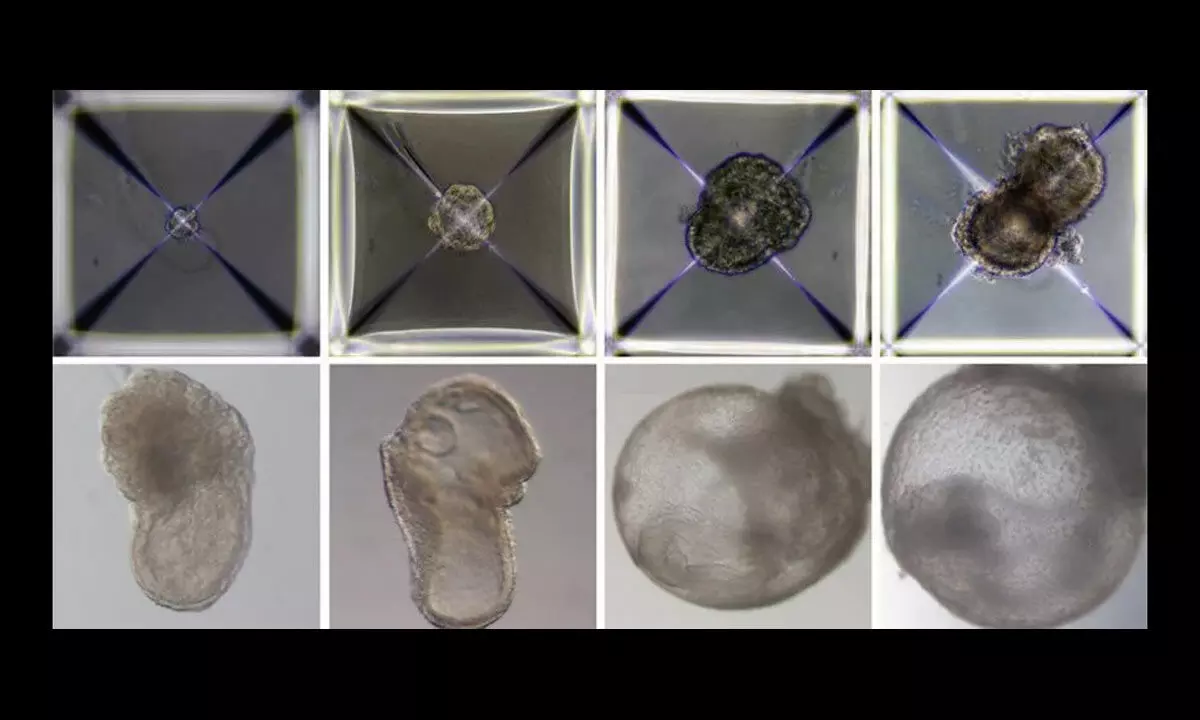Scientists Develop The First "Synthetic Embyros" Using Mice Stem Cells

Scientists Develop The First "Synthetic Embyros" Using Mice Stem Cells
- Without using sperm, eggs, or a womb, researchers created "synthetic embryos" from mice cells.
- The technology might be used as a foundation for the development of new organs.
Without using sperm, eggs, or a womb, researchers created "synthetic embryos" from mice cells. The research team's leader, Jacob Hanna of the Weizmann Institute's Molecular Genetics Department, said that the technology might be used as a foundation for the development of new organs.
Before even thinking about developing a human embryo in this fashion, independent experts stated much more research would be required. They claimed that this study gives this notion a bit more weight and heightens the ethical dilemma.
Hanna and his team had previously succeeded in growing mouse embryos outside of the womb. However, their embryos had already been fertilised and extracted from actual mice. The embryos in the most recent study were developed from stem cells. Reading the chemical signals that the body sends to the cells helps them to understand what they are supposed to perform.
In order to create artificial organs in a dish for research, such as miniature brains used to test medications, scientists can imitate those signals. Early in the process, the majority of Hanna's synthetic embryos perished. However, a handful were able to continue to grow for 8.5 days, or roughly half of a mouse's gestation period.
According to the study, they were 95% identical to regular mouse embryos and had developed a placenta, the beginnings of a spine and brain, a digestive tract, and a beating heart. Hanna, though, informed that these are not "genuine" embryos. He cited the fact that when they were placed in a mouse uterus, they were unable to develop to term.
As per Hanna, researching these cells may disclose the components needed to create organs from scratch and transplant them into people without the use of donors if they can be persuaded to produce the embryonic stages of organs.
Next Story














